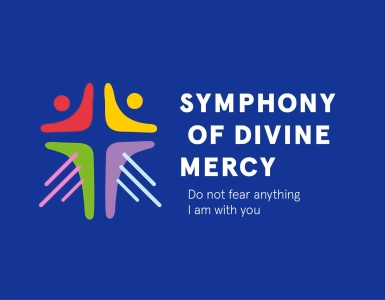The fact remains that, if extraordinary progress has been made in both ecumenical and inter-religious dialogue, this has happened above all, if not exclusively, thanks to Wojtyla’s involvement. It was the Pope of words and gestures taken “for the first time”; the Pope, who was the first ever to enter a synagogue or mosque. The Pope, who on October 27, 1986 in Assisi for the first time gathered in prayer representatives of all Churches and religions. On this occasion too, many Catholic personalities were muttering. In silence, but they were muttering… It’s because of the novelty.
Some – it often happens – have the resistance to immediately accept the novelty, what was not before.
However, I would like to emphasize the great role of the Holy Father’s pilgrimages which brought him closer to individuals, to hearts, to religious figures, and thus to the promotion and revitalization of the ecumenical movement. I am referring to those pilgrimages to so many countries which at first seemed even unfriendly, not welcoming, and then they were opening up to this man who presented himself humbly, asking for forgiveness and offering friendship and reconciliation. Especially, I am thinking of visits to the regions of Lutheranism, as well as to the Orthodox countries, Romania and Greece.
However, the meeting with the Moscow Orthodox Patriarch never happened. Too bad, it is really a pity. The Holy Father wanted this very much. But there was something else behind it. That is to say, it was not proselytism, which Rome was wrongly accused of, but a fear of the influence of the Catholic Church in the territories considered by the Orthodox to be “canonical land”.
But the Holy Father was never discouraged. He said that ecumenism is the will of Christ, the Council. And it was his program, “regardless of – as he often said – from difficulties and sometimes from insults and misunderstandings.” This is evidenced by the fact that in his encyclical Ut unum sint he addressed other Christian Churches, declaring his willingness to find a new form of primacy, rather than continuing to be part of the division.
With the permission of Cardinal Stanisław Dziwisz – “At the side of the Saint”
St. Stanislaw BM Publishing House, Krakow 2013





